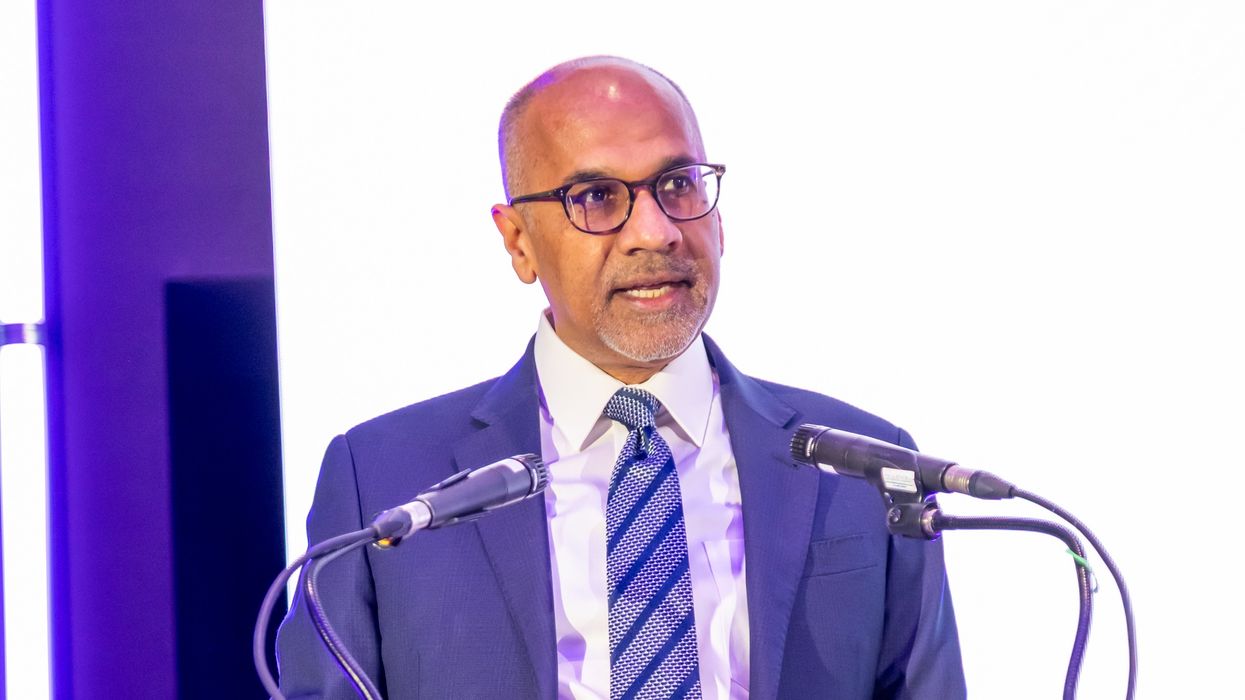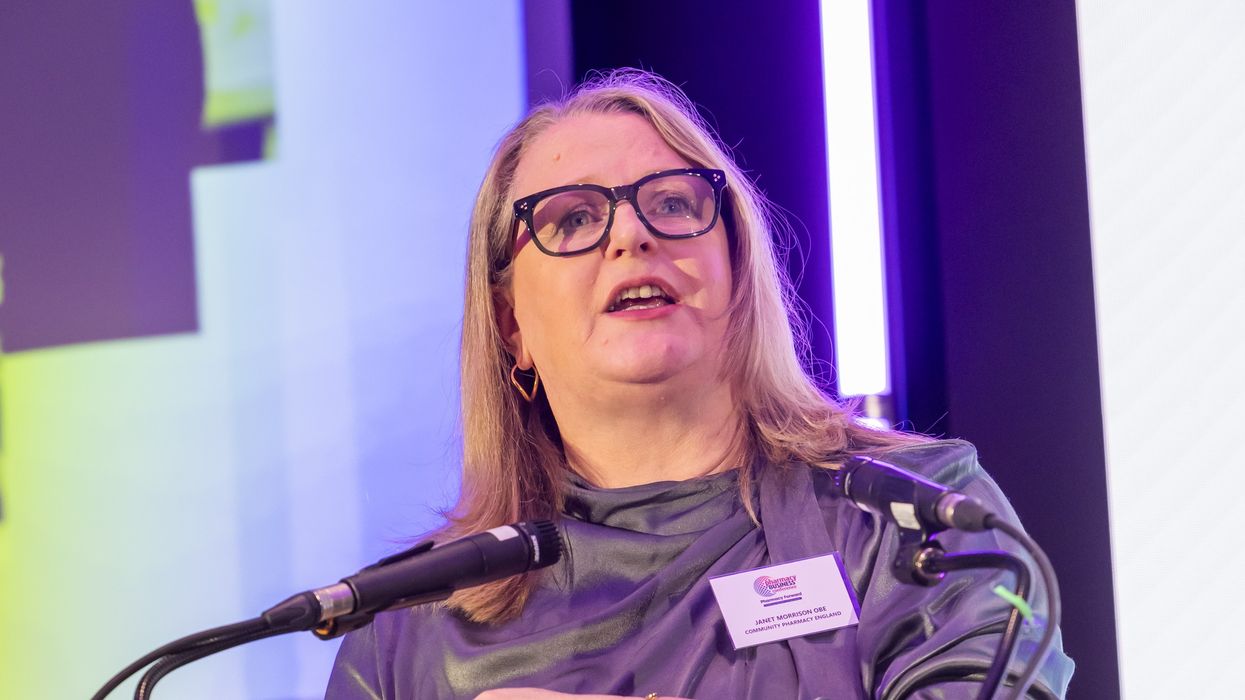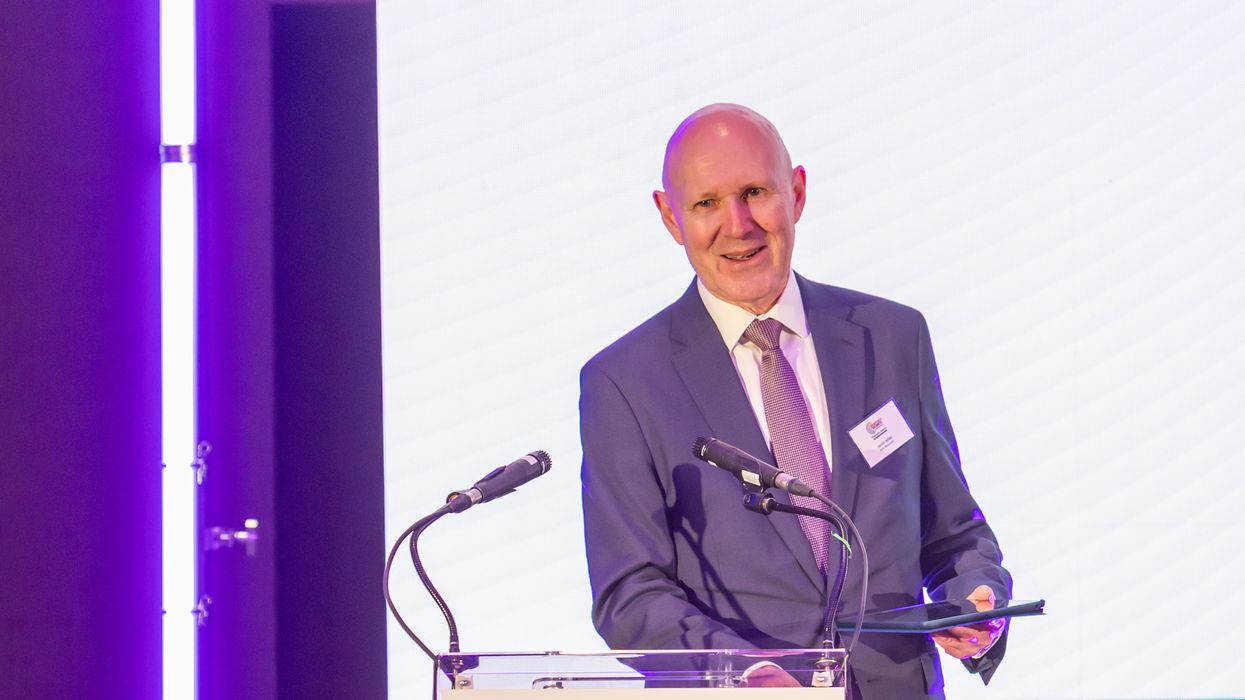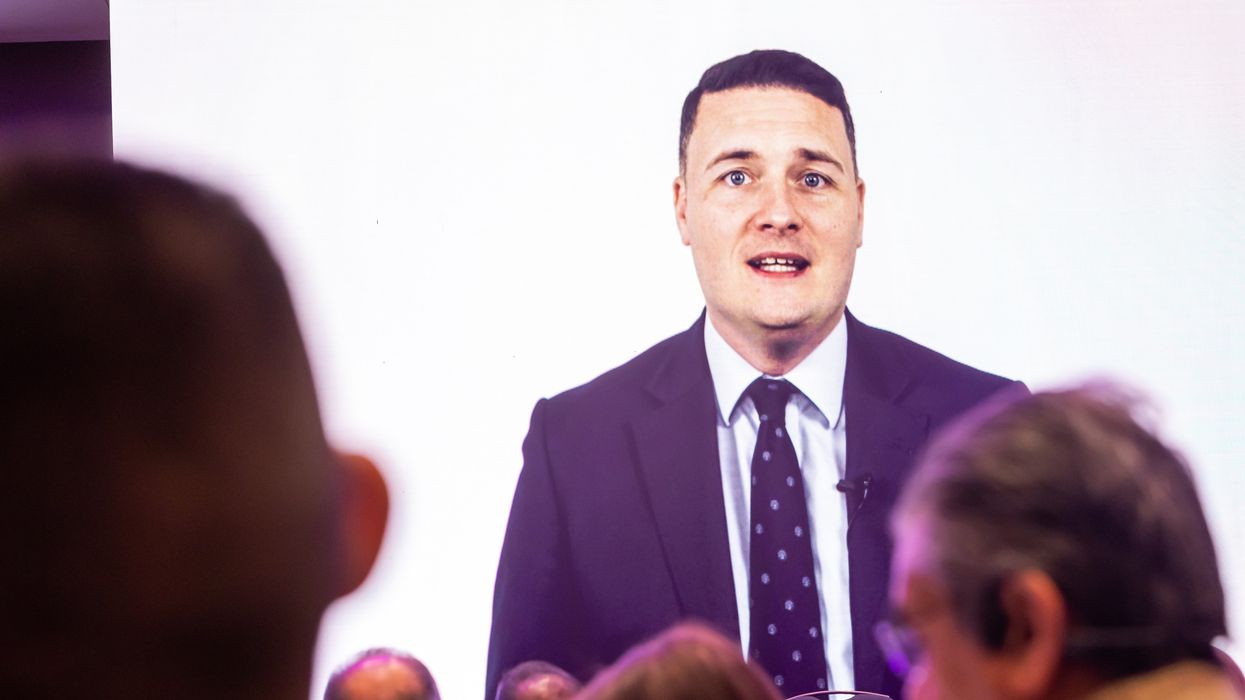HEALTH SECRETARY Wes Streeting said the new £3.1 billion funding package for community pharmacy was a “vital step forward” for the profession as it emerges from a decade of underinvestment and financial strain.
His remarks came at the annual Pharmacy Business Conference last week, attended by more than 240 delegates, including industry leaders who shared valuable insights on funding, independent prescribing, and the role of AI in community pharmacy.
Streeting said, “We’re demonstrating our commitment to rebuilding community pharmacy for the long term by starting to address some of the challenges they face and moving towards more stability for the sector.”

Pharmacy owners have been pushed to breaking point by a 40 per cent real-terms cut in funding, resulting in the closure of over 1,900 pharmacies in the past decade.
For the first time in 20 years, the number of pharmacies in England has fallen below 10,000.
While the new deal has been broadly welcomed, concerns remain.

Shailesh Solanki, executive editor of Pharmacy Business, welcomed the new funding settlement as “the first step in rebuilding community pharmacy”, but noted it still falls “well short of what the sector requires.”
He emphasised that “stabilising the profession and getting community pharmacy back on its feet” is essential.

“To move forward, we must adopt new technologies, train pharmacy teams and develop new services to achieve sustainability,” he said.
“This will require disrupting the current model and embracing innovation.”

Hosted by the Asian Media Group, publishers of Pharmacy Business and Eastern Eye and Garavi Gujarat news weeklies, the conference aims to equip community pharmacists with the knowledge and tools to more effectively manage and grow their businesses.
David Webb, chief pharmaceutical officer of NHS England, described the agreement as “a significant step in the right direction,” and outlined the NHS vision for the sector.
He said independent prescribing, along with advances in education and training for pharmacists and pharmacy technicians, will serve as a foundation for developing future clinical services. Webb also confirmed the government’s 10-year health plan will be published this spring.
Community Pharmacy England (CPE) chief executive, Janet Morrison, admitted being “reluctant” to accept the new pharmacy funding deal due to the significant funding gap.
“It was a tough process,” Morrison said, explaining that rejecting it risked further delays and uncertainty over the sector’s financial future.
“If we said no, there was no guarantee that we would retain the quantum of funding that is now on the table for 2025- 2026.”
She added, “It would certainly have delayed any funding being decided, and it was pretty clear the allocations we’d argued for wouldn’t be guaranteed.

“So, they could just go back, give us what they want in the way they wanted to.”
In the day’s first panel session, Pritee Panchmatia, Yasmin Karsan, and Fin McCaul explored how new technologies – including AI – are transforming pharmacy operations, patient engagement, and clinical service delivery.
Panchmatia said adopting the Titan PMR system and drugs comparison software, Accurx, has transformed her pharmacy’s workflow, freeing up pharmacists to focus on clinical services, skill development and patient engagement.

A presentation by Adele Curran, COO at Real World Analytics (RWA) Pharmacy, clearly showed the growing importance of “joining the dots” across diverse data sources, including NHS public data and pharmacy PMR systems, to derive insights that better inform key business decisions.
Another later panel session, featuring Rachna Chhatralia, Patricia TigenoahOjo, Baba Akomolafe and Raj Matharu, showed different ways of optimising services, both in the NHS and private sector.
“Optimising services comes from when you decide to make the change,” said Matharu, encouraging pharmacies to focus on the “seven clinical conditions” tied to Pharmacy First because “that’s going to earn you the incentive payments.”

Robert Townsend, Nicola Stockmann, Atul Patel and Amerjit Singh discussed the value of team skill-mix in another panel.
“The workforce is your greatest asset,” said Stockmann, highlighting the importance of upskilling the entire pharmacy team, including pharmacy technicians and assistants.
Shilpa Shah, CEO of Community Pharmacy North East London, urged pharmacies to embrace the opportunities offered by the new contract, deliver high-quality services and “stop doing things for free.”
Sadik Al-Hasan MP acknowledged that pharmacies are “incredibly cost-effective for government” and could deliver substantial savings for the system and better patient outcomes if empowered to prescribe.
However, he stressed that “community pharmacy should write its own future” because if someone else does it, “we’ll end up with a system that doesn’t work for pharmacy.




